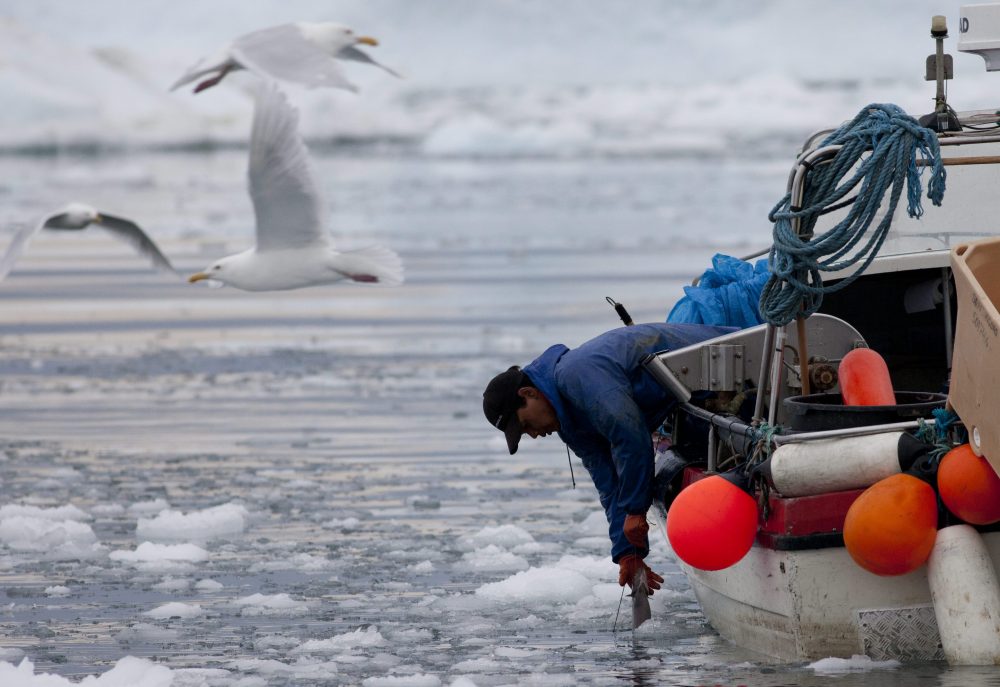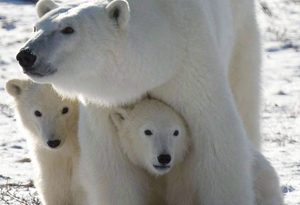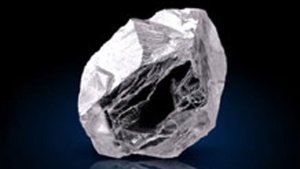Warmer Arctic Ocean temperatures delay sea ice formation

New satellite data is proving what Canada’s Inuit have been saying for years: the oldest and thickest multiyear ice is thinning and melting away, leaving the younger seasonal sea ice more vulnerable to warming ocean and atmosphere.
The darker ocean attracts more sunlight, making it more difficult for new ice to form even when the winter sets in in the northern latitudes.
Despite a quick initial freeze-up during the second half of September, Arctic sea ice growth slowed substantially during early October, according to the U.S.-based National Snow & Ice Data Center.
Record low
In October 2016, Arctic sea ice extent averaged 6.40 million square kilometers, the lowest October in the satellite record, according to the Colorado-based centre.
“This is 400,000 square kilometers lower than October 2007, the second lowest October extent,” the NSIDC said in a statement. “The average extent was 2.55 million square kilometers below the October 1981 to 2010 long-term average.”
Ice extent was especially low within the Beaufort, Chukchi, East Siberian, and Kara Seas, the data analysis centre said.
Double whammy
Arctic sea ice has not only been shrinking in surface area in recent years, it’s becoming younger and thinner as well, according to NASA.
“What we’ve seen over the years is that the older ice is disappearing,” Walt Meier, a sea ice researcher at NASA’s Goddard Space Flight Center in Greenbelt, Maryland, said in a recent report. “This older, thicker ice is like the bulwark of sea ice: a warm summer will melt all the young, thin ice away but it can’t completely get rid of the older ice.”
But this older ice is becoming weaker because there’s less of it and the remaining old ice is more broken up and thinner, so that bulwark is not as good as it used to be, Meier said.
In this NASA animation, Meier describes how the sea ice has undergone fundamental changes during the era of satellite measurements.
Related stories from around the North:
Canada: Arctic sea ice nears its minimum extent for 2016, Radio Canada International
Finland: Puzzling migration fluke brings thousands of Siberian birds to Finland, Yle News
Greenland: New model predicts flow of Greenland’s glaciers, Alaska Dispatch News
Norway: Record heat sends shockwave through Arctic, The Independent Barents Observer
Russia: Ancient virus found in Arctic permafrost, Alaska Dispatch News
Sweden: Sweden’s climate minister worried about Trump’s stance on global warming, Radio Sweden
United States: Alaska: Barrow’s record-warm October continues pattern associated with low sea ice, Alaska Dispatch News



